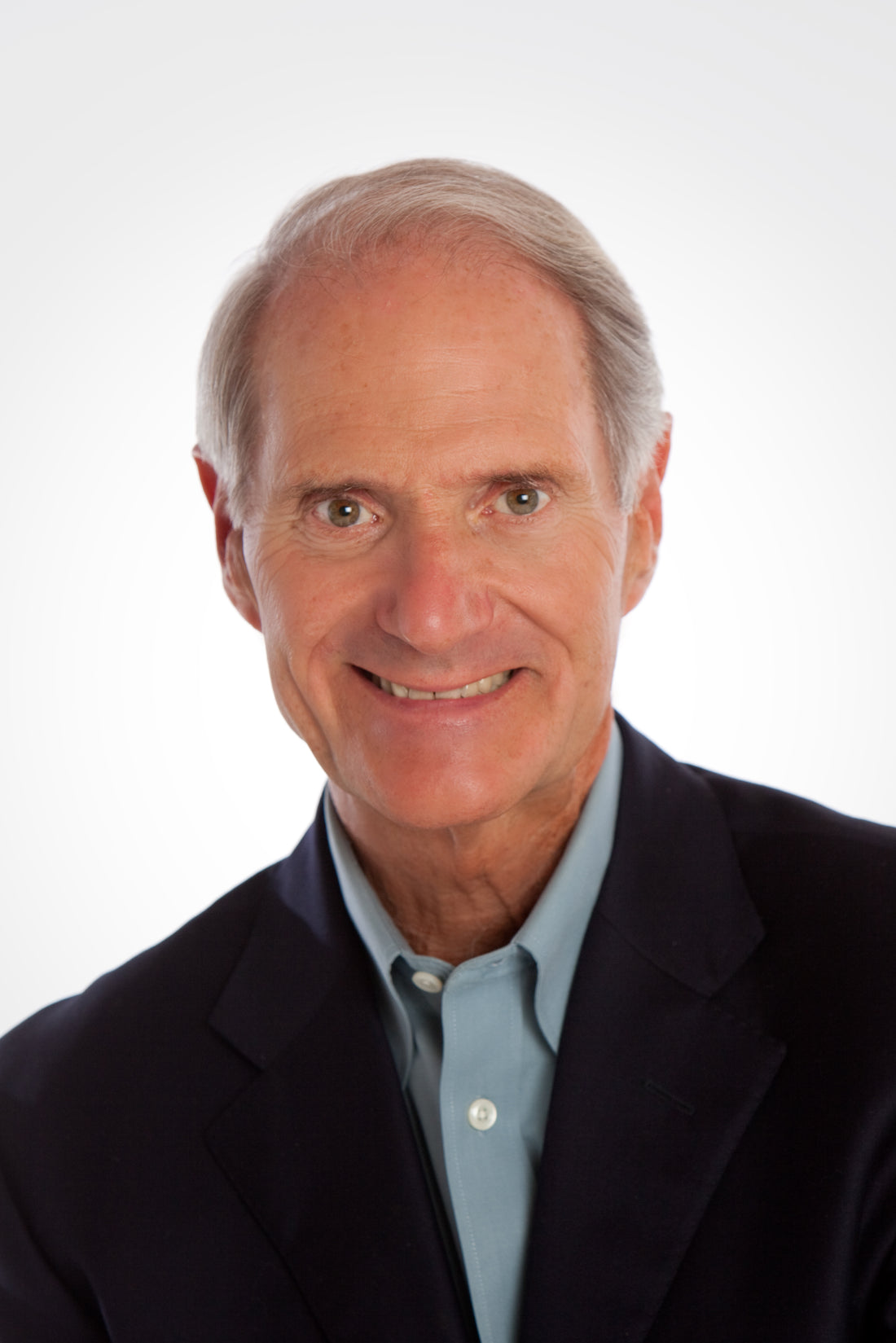As you learned in our January article, my theme for 2023 is blood vessel health, meaning every organ of your body is only as healthy as the blood vessels feeding it – especially the brain.
BRAIN HEALTH FACTS TO PONDER:
- The brain uses 20-25 percent of all the blood the heart pumps, yet it occupies only one percent of the body’s weight.
- The brain is 60 percent fat. Yes, we are all “fatheads!” Fat oxidizes, which is one reason why for the first time in history cerebral vascular disease is now a more debilitating illness than cardiovascular disease.
- The brain is one of the hardest-working organs in your body. Because it burns a lot of fuel and produces a lot of energy, your brain produces a lot of oxidants, or “exhaust.” Conclusion: your brain needs lots of antioxidants to balance the effect of the oxidants it produces.
- The blood-brain barrier (BBB) often weakens with age. The organ that makes us the most human, the brain, obviously needs the most protection. Besides being enclosed in a thick skull, most of the tissue of the brain is protected by the blood-brain barrier. This barrier is a one-cell-thick protective wrap that acts like a smart filter letting in the nutrients the brain needs while screening out harmful chemicals, called neurotoxins. Unfortunately, our BBB often starts wearing out with age, allowing more neurotoxins to get through. That’s the problem. Solution: the older we get, the more neuroprotectants we need to eat.
Now that you’ve learned why it’s smart to eat a diet rich in antioxidants, naturally you want to learn which foods are high in antioxidants, or what we call “smart foods.”
My pick for the smartest brain food is wild pacific salmon, for two reasons:
- It’s highest in the smartest fats the brain needs (DHA/EPA).
- It’s highest in two antioxidants that help balance your hyper metabolizing brain: astaxanthin and vitamin D.
If you’re a vegan or don’t like seafood, follow my principle of taking nutritional supplements: “I need it but don’t eat it, therefore I must take it.”
Enter Hawaiian astaxanthin, a seaplant made from algae and naturally grown in ponds in Hawaii. Astaxanthin is the natural nutrient that makes salmon pink. It is one of Mother Nature’s most powerful antioxidants for the brain. BioAstin Hawaiian astaxanthin is the one I recommend in my medical practice for two reasons:
- I have personally visited the ponds in Hawaii to see how it is grown.
- It is supported by scientific studies.
Simply speaking, “sticky stuff” accumulates in and around brain cells, keeping them from accurately communicating with one another. Astaxanthin, a neuroprotectant, acts like an anti-sticky stuff for the brain. Neurochemists call astaxanthin a neuroprotectant because of its ability to protect sensitive fatty brain tissue from oxidation.
In a nutshell, the brain likes the “astaxanthin effect” because of its “antioxidant effect.”* In consultation with your healthcare provider, taking 4-8 milligrams a day of Hawaiian astaxanthin is the dosage supported by science.
In addition, Hawaiian spirulina (astaxanthin’s antioxidant buddy) is a rich source of the antioxidants beta-carotene and zeaxanthin. Try a teaspoon a day in your big green smoothie.
Stay tuned for next month’s article on how blood vessel health helps eye health. Since the eye is an extension of the brain, what’s good for the brain is also good for the eyes.
Scientific References:
The Healthy Brain Book, by William Sears, 2020
Natural Astaxanthin, Hawaii’s Supernutrient, by William Sears, 2015
The Omega-3 Effect, by William Sears, 2012
Consult your healthcare provider before starting a new diet, exercise, or health program.
*These Statements have not been evaluated by the Food and Drug Administration. This product is not intended to diagnose, treat, cure, or prevent any disease.
Dr. Sears serves on Nutrex Hawaii's Medical Advisory Board.
----
BIOGRAPHY
Dr. Bill Sears has been practicing medicine for over 40 years. He received his medical degree from St. Louis University and medical training at Harvard University, the University of Toronto and the National Institute of Health. Dr. Sears has been a clinical professor at the University of South Carolina, University of Southern California School of Medicine and University of Irvine School of Medicine.
Dr. Sears is the author of 45 books including nutrition and wellness titles, including The T5 Wellness Plan, Prime-Time Health, The Family Nutrition Book, The Omega-3 Effect, The Inflammation Solution, The Healthy Pregnancy Book, The Healthiest Kid in the Neighborhood, L.E.A.N. Kids, among others. He has spoken at numerous scientific conferences all over the world and has successfully motivated others to make positive health behavior changes through practical applications of simple and science-based strategies. Dr. Sears has been featured on 20/20, Dateline, Good Morning America, The Today Show, The View, PBS, CNN, Dr. Phil, The Doctors, and Oprah.

